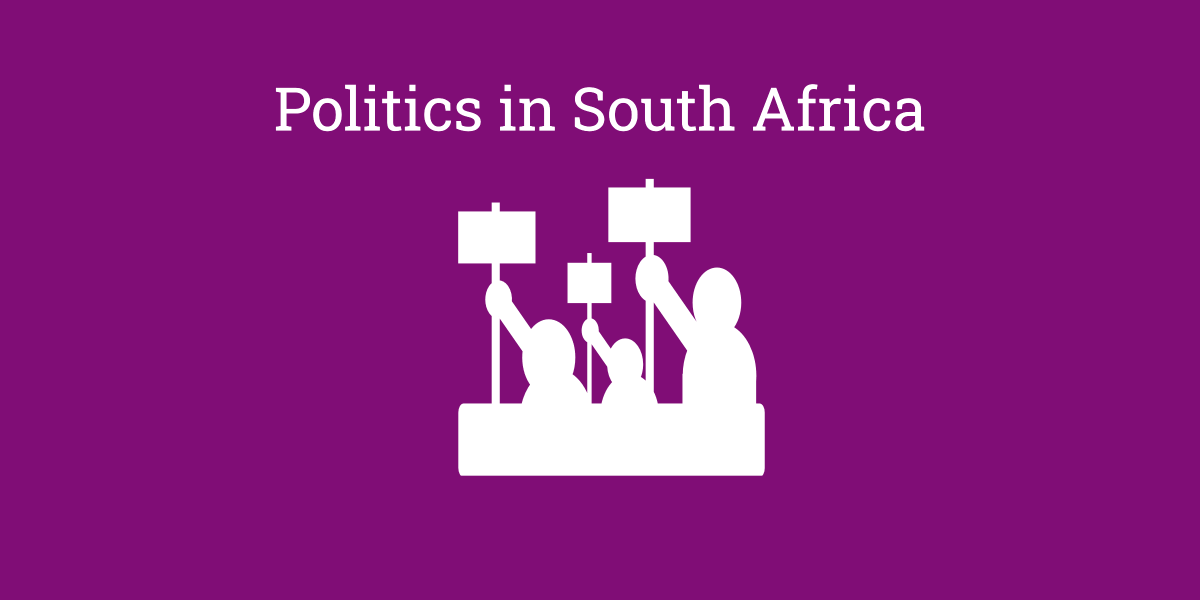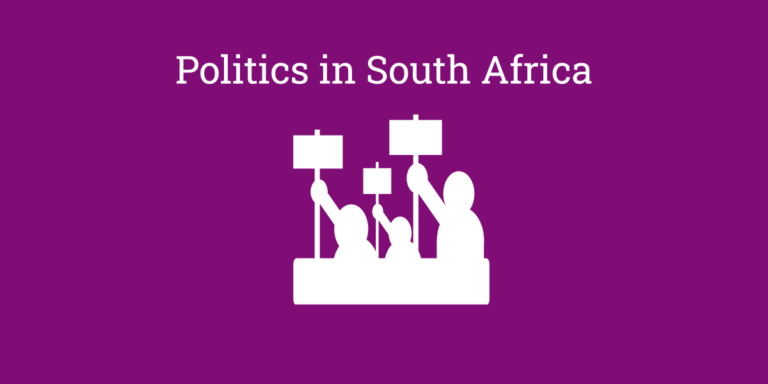Whose reality counts? The Chief Economist of Very Large Bank in South Africa had just argued that ‘a food crisis was a direct result of improving living conditions’.
I wanted to hurl a copy of Das Kapital across the airways hitting his talking head. Let us run that again: increased demand for food, by a more prosperous society has resulted in lower supply of food. To which the solution would be higher prices, thus creating more supply than is needed and voila! We have cheaper prices.
I am guessing the logical assumption to this argument is that food rioters are the prosperous ones? I am also guessing that the reasons for the reduction in yields, changes in the usage of crops, weather conditions etc, are all minor market imperfections? But, rather than the drama of hurling virtual political education (nay, common sense) I can now just send an article produced by the new and innovative South African Civil Society Information Service (SACSIS).
Glen Ashton in an article on the food crises writes as follows:
The national support of local agricultural industries and extension services must not only be permitted but encouraged. It is urgent to reverse the decades of market consolidation by corporate and private interests, underwritten by powerful governments. The octopus reach of the corporate–political nexus that sits at the centre of developed nations’ dominance of global food markets must be dismantled for the good of all.
Glen Ashton argues for a people–centred approach to food. Eminently sensible advice, simply because when there are high prices, someone is making an unethical profit. More voices like Glen Ashton’s need to be heard, simply because the public debate in our society is shaped by familiar voices — political commentators, chief economists, government ministers, policy analysts. These are of course important voices, but they represent a reality often very distant from those who we policy analysts argue live in ‘chronic poverty’ and have ‘coping strategies’.
Thus far the focus has been to focus on the media itself. Yet, there are peculiar characteristics in civil society that mitigate against alternative voices being heard.
First, they rarely seek out media coverage unless it is linked to a campaign. They have not learned the art of working the media. More importantly, if you are about providing counselling to rape survivors, training communities to run enterprises, fighting evictions, organising grants — you rarely have the time to hunt down journalists. Perhaps your personality is such that the rewards are in doing, and not needing to shout it out to the world.
Second, networks between civil society organisations and empathic journalists (and there are many of these) are weak. It is very often an individual relation, and once a journalist or the advocacy officer has left their organisations, coverage of a campaign stops. One could think about more institutional relationships, especially as some media organisations have an interest in supporting social justice.
Third, many civil society organisation and activists have a deep distrust for the media. There are legions of gifted writers and analysts that have simply not been provided space in the op–ed pages of newspapers. It is often not the quality that is in question, but rather that those editorial policies often sideline dissident voices. Sometimes it is simply a case that the person deciding on an article has not been confronted with an idea, and that idea so distant from reality, that a decision is made not to publish.
At the same time denouncing the media simply as a ‘capitalist instrument’ is neither helpful to campaigning or to contesting ideas in societies. Platforms such as SACSIS, Communist University and Amandla Magazine provide a space for new voices. But there is a significant challenge in building trust and networks between civil society organisations and the media.
Fourth, in excellent research by Professor Guy Berger on journalists reporting about poverty, he quotes a media activist as saying that ‘poverty is a quiet story’. We might in policy parlance call this ‘the production of poverty’, ‘the intergenerational transfer of poverty’ to denote the quiet but systematic continuation of poverty.
It poses significant challenges in newsrooms. How does one cover such a story? The media seems to be finding a way. Recent documentaries on communities fighting evictions, and on street traders in Durban, provides examples of how these stories can be told. Both documentaries were done in an entertaining, and intelligent manner.
So obviously capacity exists for telling these stories without resorting to policy language, and in ways that bring the realities and voices of the poor to the fore. Understanding these realities is the first step to begin to transform these realities. But, more needs to be done, and why not have the people at the coalface tell the story? Why then in a similar vein, not have the poor themselve speak of what they need to change their realities?
The South African Civil Society Information Service thus could provide a significant role in the South African media. It could bring dissident voices onto a platform, providing a space for building new and more sustainable links between campaigns and media. Potentially, it could provide for a diversity of voices, which challenge the hegemony of talking heads. It is part of a trend of new and innovative Internet based or enabled communication initiatives in our society. Most importantly, it will raise alternatives — those in theory and those in practice — and it is through learning about these alternatives that we can imagine a better world.
So readers, sign up to the SACSIS mailing lists, visit the site, and comment on the articles.
(Thought Leader writers and readers should take notice: we may win lots of web awards and have important contributions, but the ideas that will change our world will more likely be on SACSIS.)
This article first appeared on the Thought Leader group blog hosted by the Mail and Guardian.

